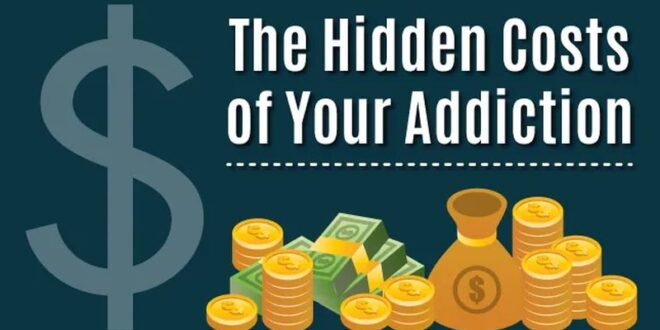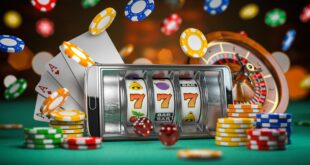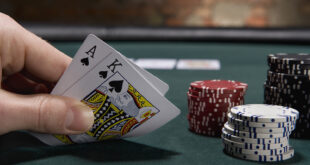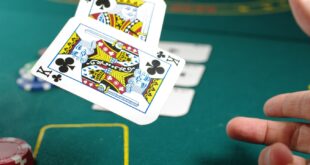Addiction to gambling is not always dramatic. Other times, it is silent: background gambling tabs while working, betting a small amount on each game, or skipping payments and promising yourself you will pay in the next month.
The physical harm may take some time to manifest itself, but the financial, emotional, and social costs pile up rapidly. Even worse, gambling addiction manifests itself in ways that might surprise you, right up until it is too late. Read on to learn more.
The financial cost
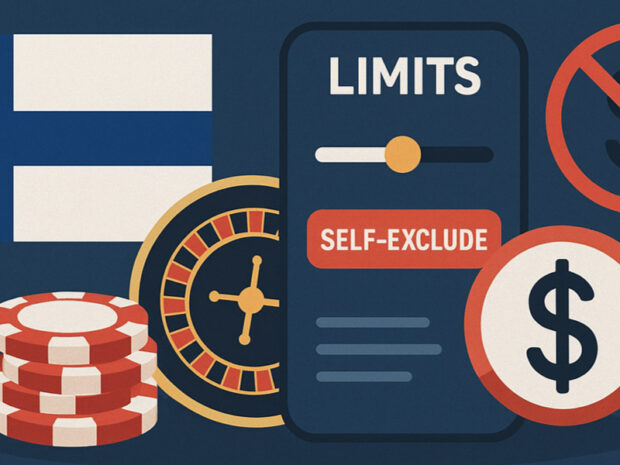
Naturally, the first impact of gambling addiction is the loss of money, which is already costly on its own. However, the addiction goes much beyond lost funds. When you are in the gambling cycle, you are usually desperately trying to pursue a loss. You may bet bigger and bigger because you want to earn back the losses you have already incurred.
You may find yourself:
- Dipping into savings or retirement income
- Failing to pay rent or mortgages
- Taking payday loans or using credit cards
- Deceiving loved ones on money matters
- Desperately stealing
- Committing fraud.
And the worst of it? Such behaviors do not usually occur immediately. They sneak up on you, and you think you have it all under control. But then, all of a sudden, you are buried in debt and shame, asking yourself how it came to this.
It is not only about money. It is also the pressure of burgeoning debt, and, above all, the guilt that follows every lost wager.
What can you do about it?
- Review all the recent spending and gambling transactions, regardless of how awkward it seems.
- Establish a limit on the amount you can spend per day or week. You can do this with your banking option or third-party applications.
- Freeze your credit cards or deposit them with a trusted person.
- Block sites or self-exclude using a blockage or self-exclusion instrument.
- You may want to delegate short-term money management, such as paying bills, to your partner or close family member.
- Seek gambling addiction help from professionals like the https://thegamblingclinic.com/i-need-help/.
The emotional effect
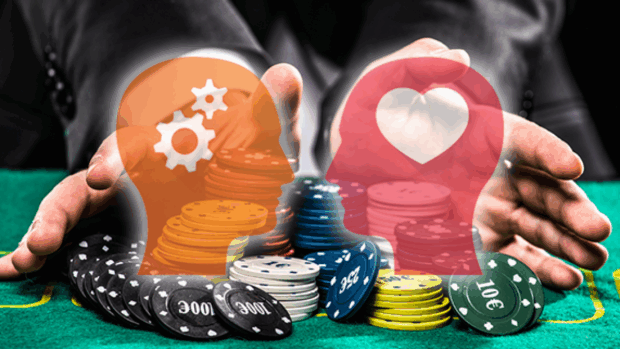
Your gambling wallet isn’t the only thing that suffers. Gambling addiction also takes an emotional toll on you. The excitement wears off after a short time. What remains mostly is guilt, fear, and self-loathing. The more you lose, the more you feel the need to win something back.
When that does not work, you bet again. Not because you are happy, but as a tool to dull your emotions. This is a cycle that traps you; guilty-gambling, gambling-guilty. It is stressful and draining.
You may begin to suffer:
- Sleepless nights and worries all the time
- Irritability or mood swings when you don’t gamble
- Helplessness or self-hate
- The desire to get away or not to contend with other aspects of life.
What can you do about it?
- List the emotional factors that trigger gambling. This may include stress, boredom, and loneliness.
- Do something different in response to those triggers. You may go on a walk, call a person, or write about what you feel instead of gambling.
- Begin keeping a diary of what causes the gambling urge. Note how you feel before and after gambling.
- Speak to someone you trust about the impact of gambling on your emotions.
- Accept that it is okay to sit with uncomfortable emotions. Avoid trying to get rid of them instantly.
The social cost
Gambling addiction has the potential to drive people apart. The deception, the lies, and the events you have been missing all add up. Friends and family start to notice that something is amiss, although they are not sure what it is.
Eventually, you begin dodging them. Not because you do not care, but simply because it is easier to avoid them than to come out and tell the truth.
You will start to realize that you are:
- Losing connection with your closest people
- Missing phone calls or invitations
- Lying to conceal your gambling activity or money problems
- Feeling like no one would ever understand you if you came out
- You fear being judged or rejected in case you open up.
This social isolation solidifies the addiction. The longer you remain dissociated, the more difficult it is to reconstruct those connections.
What can you do about it?
- Find one person you can trust enough to be honest with. Just someone who will listen.
- Avoid trying to fix everything before reaching out. Just be open about it.
- Be direct and precise about the impact of gambling on your relationships.
- Be truthful first and seek forgiveness later. Trust is an issue that will take ages to rebuild, and that is acceptable.
- Begin the process of reintegrating yourself with people. You can engage in mutual routines or thoughtful interactions like a coffee date, a walk, or a message.
The bigger cost
The further you go with gambling, the more it becomes a lens through which you look at everything: money, time, decisions, and even relations. You begin to build your days around the next bet. You cease to have long-term ambitions. Life is reduced to a string of bets and remorse.
You may keep saying to yourself that it is all under control until you look up and all the other things are falling apart.
What can you do about it?
- Keep an audit of the day-to-day routine: how much time and thinking power are you committing to gambling? Be honest.
- Establish boundaries on the media involved in gambling, e.g., unfollow the sports betting accounts, disable notifications, etc.
- Start monitoring your thoughts about gambling, even when you don’t actually do it.
- Write down the activities or relations you have substituted gambling with and start reclaiming them in your life again.
- Take some time off, even when you don’t have a plan. The goal is to break the cycle of gambling.
Final words
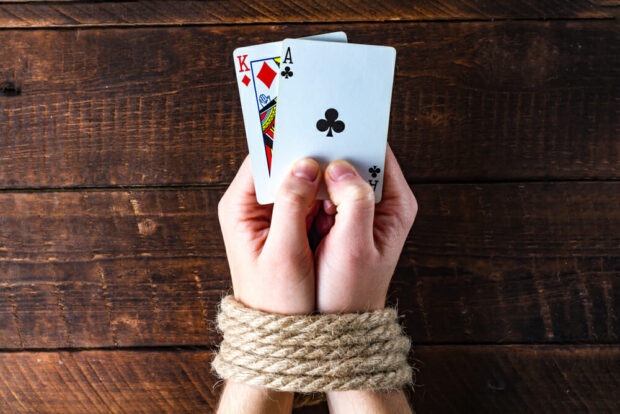
Being addicted to gambling does not blow up overnight. It impacts you gradually. When it starts to get out of control, start looking for help. Professional help can provide structure, direction, and a way of looking at things so that you can overcome the cycle and begin rebuilding.
 Poker Players Alliance Casino & Gambling Articles 2024
Poker Players Alliance Casino & Gambling Articles 2024
